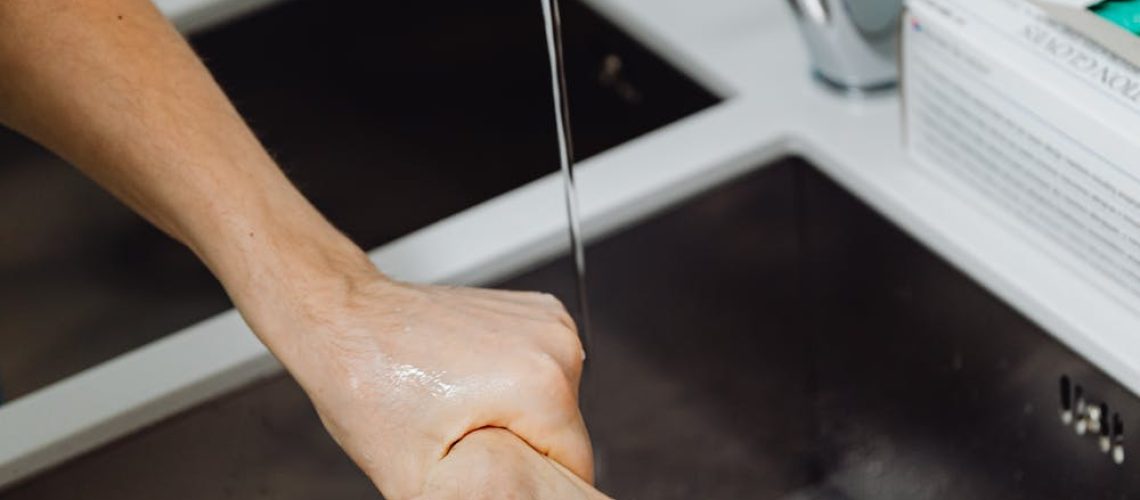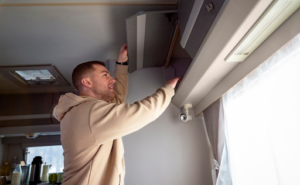Menu

How Does Hard Water Damage a Home Plumbing System
Hard water can cause a range of issues that can affect your plumbing system and appliances. In short, it’s a nuisance to homeowners.
Hard water refers to a freshwater supply that contains higher-than-normal amounts of natural minerals like calcium and magnesium. It commonly leaves a white, chalky stain on the faucet, which is the telltale sign that you’re dealing with hard water in your home.
Common Issues Caused by Hard Water
As said above, hard water is a nuisance because it causes a lot of problems. For instance, it reacts with cleaning products, wears down fixtures, and makes soap buildup. The high mineral content in hard water reacts with soap to produce soap scum, which inhibits suds. That means you’ll need to use more water than usual.
Minerals can also build up on glasses, dishes, clothing, and fixtures, which wear them down over time. Below are other common household problems caused by hard water:
- Film and scale buildup on fixtures and ceramic tiles
- Scale buildup inside water supply pipes that end up restricting water flow
- Spots on glasses and dishes after being cleaned
- Scale deposits that wear down water heaters
- Ineffective clothes washing due to minimal suds
- Faster wear on clothing during washing
How Does Hard Water Affect Plumbing?
You might think that the scale buildup caused by hard water on tubs, sinks, faucets, and showers is the biggest problem. However, it is not. The minerals in hard water can also build up inside pipes, fixtures, and appliances, causing problems harder to solve.
The buildup we don’t see can lead to numerous plumbing issues, such as clogs, reduced water flow, and stress on pipes and fixtures. Mineral deposits can also cause appliances to operate less efficiently and wear them down sooner. Overall, hard water can lead to inefficient plumbing and more repairs over the years.
How to Test for Hard Water
White scale buildup on plumbing fixtures is one of the most prominent signs of hard water. If you suspect that you are dealing with such, there is a simple test you can use. You can shake up a small amount of dish soap and water in a closed container. If the solution doesn’t create a lot of suds, you probably have hard water.
If you want a high-tech way of determining whether you have hard water, you can contact your water provider and request a recent water testing report. You may also have a sample of your water tested at a local lab or hire a company to perform an on-site test. For the latter, be sure you’re not having the test done by a water softener company to avoid conflicting results.
Other than those, the easiest way to determine whether you have hard water is to use a water hardness test strip. You simply need to hold it under running water and match it to a colour gauge.
Conclusion
It’s best to find out sooner whether you’re dealing with hard water to prevent more scale buildup inside your pipes and fixtures. The sooner you can get this solved, the better it is for your plumbing system and appliances. Be sure to get the right service provider to treat your hard water.
Bromac Mechanical offers plumbing and heating solutions and is willing to go above and beyond to serve our customers. We service gas fitting, hot water heating, boiler installations, bathroom and kitchen installations, constructions, and renovations in Abbotsford, BC. If you need reliable plumbing services, we’ve got you covered! Get in touch with us today!


